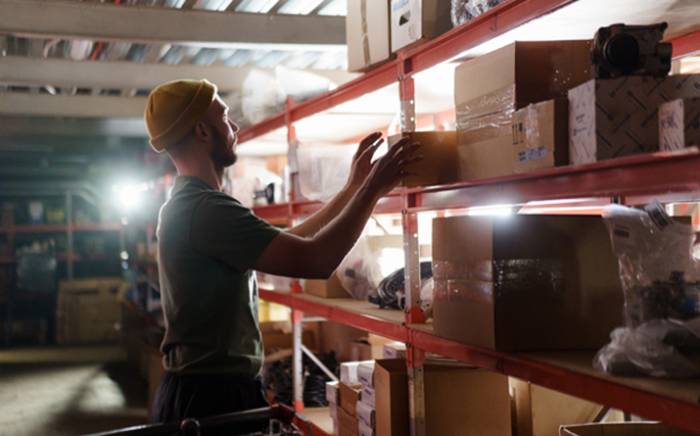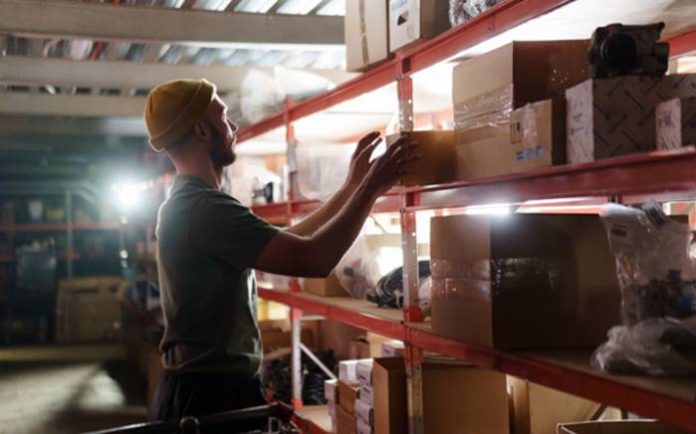Self-fulfillment, also called in-house fulfillment, is when brands control the entire fulfillment process rather than outsourcing to a third-party logistics service. However, the choice might be different according to the nature of the businesses. The right product fulfillment can help improve your customers’ buying experience. Learn more by visiting ecomhalo.com. We’ll compare different fulfillment strategies and discuss what your firm should consider before outsourcing order fulfillment.

Self-Fulfillment Process
E-commerce business with in-house fulfillment handles:
Renting or owning a sufficient place with all available resources to be used as a warehouse where the following operations take place:
- Inventory-keeping
- Invoicing
- Picking/packing
- Shipping
- Backhaul
- Support
Brands that fulfill orders in-house must also hire and manage personnel. Moreover, they will have to introduce management software which incurs additional costs.
Fulfillment Company Warehousing
E-commerce businesses may outsource storage to fulfillment centers to maintain product integrity and sequencing (FIFO) (First In, First Out). During peak season, seasonal inventory may need more storage. Some merchants need a centralized warehouse, while others use a multi-node system that places SKUs near customer hubs.
Inventory
SKU storage, monitoring, and reporting are essential for catalog organization. Retailers must not run out of hot items and miss orders. A fulfillment company can give inventory reporting to prevent overselling and set reorder points.
Delivery
Order fulfillment involves preparing an order for shipping. This includes processing online or other sales channel orders, choosing items, and packing and labeling the orders. Depending on your brand’s fulfillment demands, the packing procedure may be sophisticated. Order fulfillment requires a lot of personnel and technology to accomplish efficiently. As order volume rises, you may need to outsource fulfillment.
Shipping
All retailers must reduce shipping costs while delivering quickly. Outsourced providers establish partnerships with various shipping carriers to gain lower prices and help firms comply with carrier requirements for oversize or hazmat shipping.
ROI
Delivering products is not the end goal, receiving, sorting, and reconditioning returned products is also a significant aspect. Your company’s return policy will impact how many returns it accepts. You may need to outsource this operation to process refunds fast and avoid dead stock.
Extensive Customization
An online store that fulfills orders in-house might experiment with how packages look and feel during delivery. Personalize the brand experience with branded packaging, gift-wrapping, and handwritten messages. Not every center will offer this level of customization. However, your company has complete independence and flexibility by managing fulfillment internally.
Handling fulfillment yourself is more cost-effective when order volumes are low. Brands require a warehouse to store merchandise, packaging materials, and shipping labels to deliver orders. This reduces storage and increases fulfillment costs as your order volume grows. An outsourced fulfillment company handles part or all of the fulfillment process and value-added services.
Fulfillment firms provide their storage, people, resources, and technology to deliver orders effectively and satisfy customer expectations. However, it all depends on your business size, daily orders, customer location, and other factors to decide whether you need a fulfillment center or in-house solutions.






































